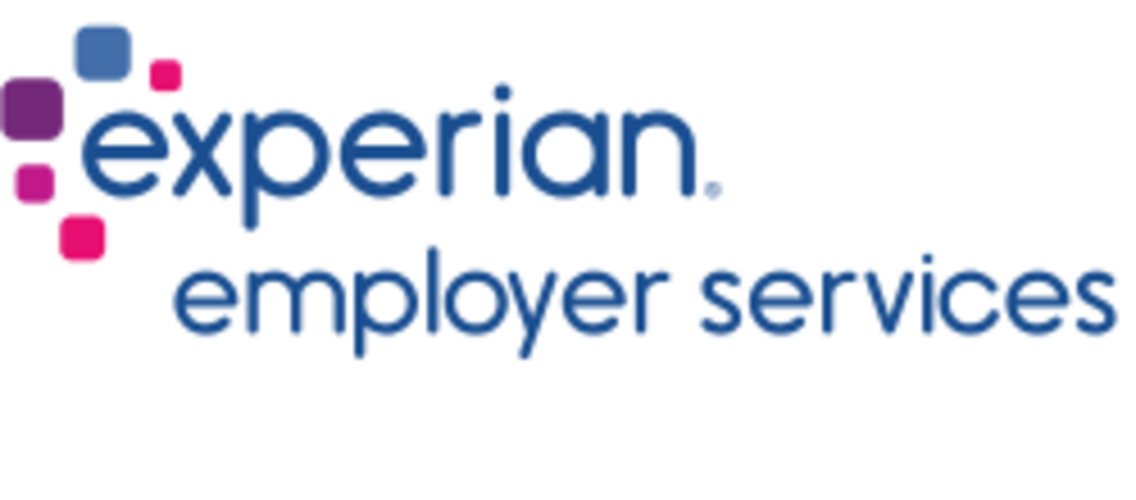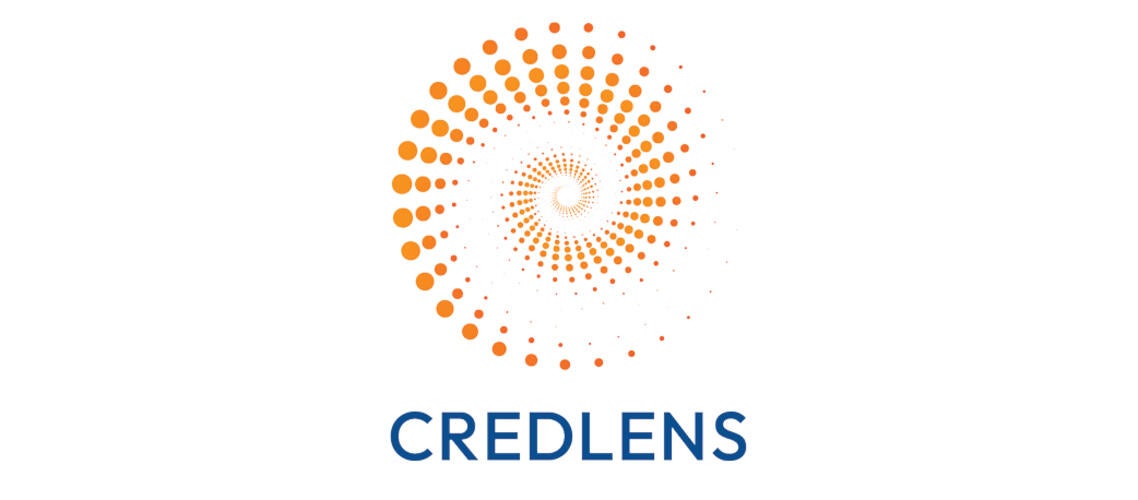Michigan's Marshall Plan for Talent
Michigan Pinnacle Award for Business Development Nomination: Marshall Plan for Talent
Contact Information of Individual Submitting Nomination
Nominator: Sherry Anderson
Email Address: andersons30@michigan.gov
Agency Name: Talent and Economic Development Department of Michigan
Michigan's Marshall Plan for Talent
The Marshall Plan for Talent is a revolutionary partnership between educators, employers and other stakeholders to transform Michigan's talent pipeline and redesign the ways we invest in, develop and attract talent in our state.
The $100 million investment was designed and implemented by of the Talent and Economic Development Department of Michigan (Ted), the Michigan Department of Education (MDE) and Governor Rick Snyder to address the projected 811,000+ high-demand career opening through 2024 in fields like information technology and computer science, healthcare, manufacturing and other business and Professional Trades careers.
Key Objectives:
Foster business and education collaboration: The foundation of the Marshall Plan for Talent is bringing business and education together to create programs that better prepare Michiganders to become lifelong learning. These partnerships – referred to as Talent Consortia – are a collaboration of stakeholders from industry, education and community organizations that come together in a formal partnership to identify specific talent gaps facing Michigan and develop innovative solutions to close those gaps.
Evolve to competency-based learning: We know each student learns differently. By providing tools and resources for K-12 schools to transition to a more competency-based education model we are allowing students to learn at their own pace and earn industry-recognized credentials for mastery of courses.
Increase the number of individuals with stackable credentials and/or certificates for high-demand, high-wage occupations.
Increase career awareness and exploration: Michigan's talent gap stems, in part, from a career awareness gap. Providing students with an opportunity to explore careers earlier in their educational career pays dividends on the state's economic future, helping close the gap and prepare the state's young people for the careers of today and the future earlier in their education journey.
The Marshall Plan for Talent offers multiple opportunities and initiatives to accomplish the goal of preparing Michiganders to fill the projected 811,000+ high-demand career openings by 2024.
- Innovation grants ($59 million): Competitive funds managed by a Talent Consortium for the expansion of K-12 education programs that focus on creating competencies and earning credentials in high-demand fields.
- Talent for Tomorrow ($25.5 million): $20 million for scholarships and stipends for students $2.4 million for grants to community colleges and private, nonprofit colleges for coaches $2.3 million for grants to school districts
- Talent Promotion and Attraction ($7.5 million): Going Pro: To elevate perception and showcase professional trades Choose Michigan: Seeks to retain and recruit STEM talent
Statement of results, accomplishments, impacts and any other appropriate information that demonstrates why the nominee's efforts were an exceptional contribution.
<
In September 2018, more than 800 organizations partnered to complete 88 submissions for the first round in Marshall Plan Innovation Grants!
In September 2018, more than 800 organizations partnered to complete 88 submissions for the first round in Marshall Plan Innovation Grants!
Nearly $15 million in grants were awarded to 15 Talent Consortia representing 250 individual entities across the state in early December 2018 for the first round of funding. Of the $15 million in awards, $2.35 million will go to purchasing nearly 100 pieces of state-of-the-art equipment students can use to learn, with hands-on experience. Another $4.78 million will go toward hiring career navigators who will help students explore career options and pathways in Michigan while providing needed support to school counselors who are overwhelmed – each serving on average 729 students yearly. Furthermore, $7.56 million will help develop world-class curricula for each consortium. The awarded consortia represent a diverse group of businesses, K-12 districts, post-secondary education institutions and other entities, including 64 school districts – small and large – 90 businesses, 33 post-secondary institutions, 16 industry associations, 10 Michigan Works! agencies and 47 non-profits. The funding benefits more than 150,000 students and their communities statewide.
As part of the Marshall Plan, Michigan launched a first-of-its-kind in Michigan, state-wide talent retention and attraction campaign, Choose Michigan in September. Choose Michigan aims to recruit and retain high-quality STEAM talent to fill the hundreds of thousands of current and future high-demand, high-wage career openings. For Professional Trades, Michigan overhauled its Going PRO in Michigan website to provide students and job seekers with a better look at the careers in the Professional Trades sector, featuring career salary and job growth data, and much more.
Other significant contributions
A significant contribution to the success of the MPT is the Innovative Grant Application Process. We asked people to think differently, so multiple resources were created and provided to help key stakeholders in the arena of talent development.
- MPT Champions
- MPT 101
- MPT Proxy Email
- Developing a Talent Consortium
- Employer Commitment Letter
- Innovative Examples
- MPT Webinar
The submission process was also unique in order to provide feedback to applicants along the way. After each step in the process, all applicants receive constructive feedback.
- Step 1: Concept Summary
Applicants must identify the members of their talent consortium, the talent need(s) identified, the program(s) they propose to meet the demand, and the anticipated goals and objectives. Applicants had to score 75/100 to move on to Step 2 - Step 2: Talent Agreement
Applicants must provide a more detailed account how the members will create a seamless, competency-based education model that results in pupils acquiring high-demand skills and credentials, including specific roles of the talent consortium members, proposed curriculum and planning for long-term collaboration. Applicants had to score 80/100 to move on to Step 3.
Examples of work
Pinnacle_Award_for_Workforce_Development_Nomination_(002).docx
Our_Links.docx
Marshall_Plan_for_Talent_Consortium_Framework_624664_7.pdf





























